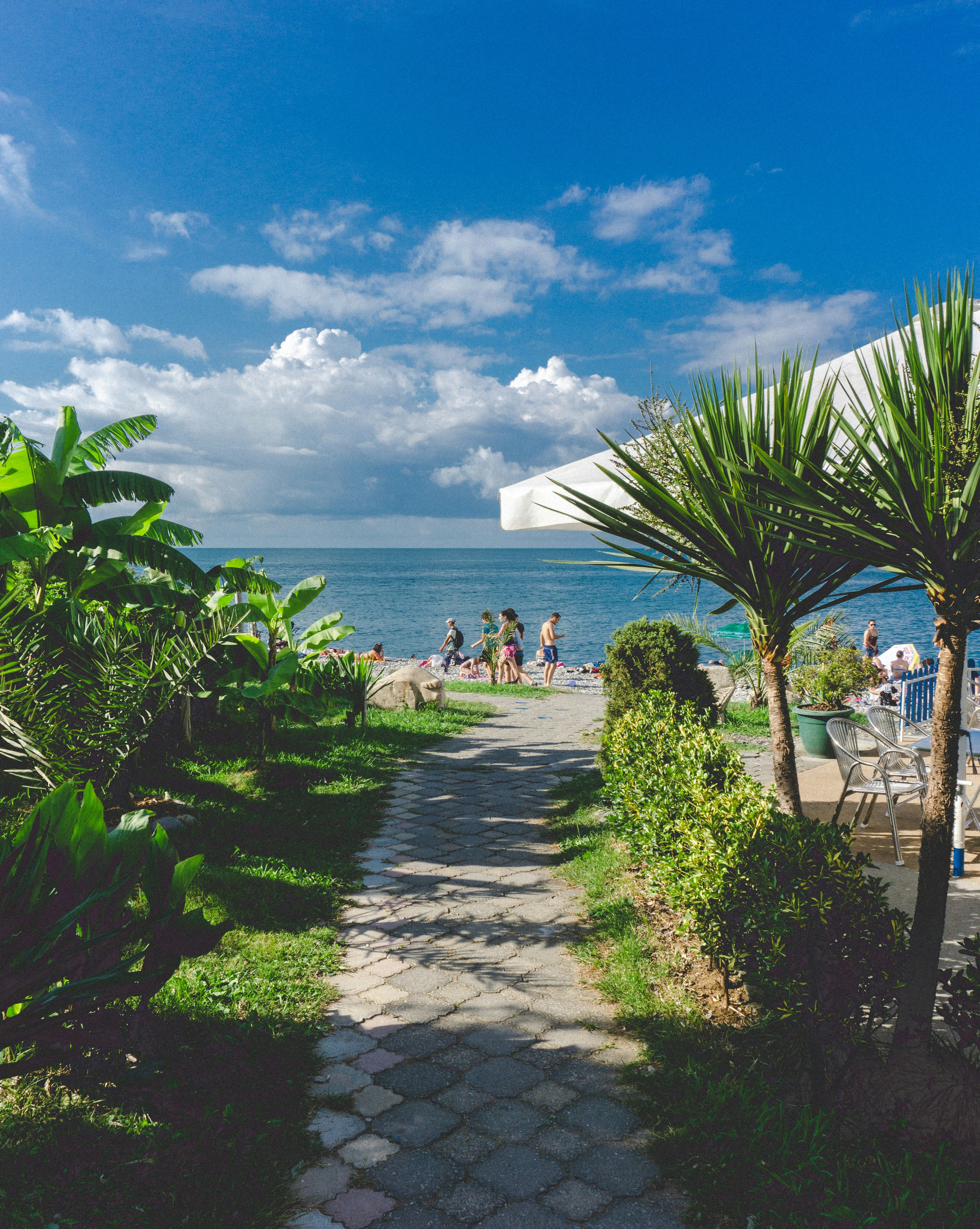Preserving Mental Acuity: Adopting Mediterranean Diet and Regular Exercise Could Be Key to Long-term Brain Health
Let's dive into the latest research exploring the combined impact of a Mediterranean diet and regular walking on cognitive decline and dementia risk – affectionately named the "MedWalk" intervention.
This intriguing study, being conducted by scientists hailing from Australia, New Zealand, and the United Kingdom, aims to determine whether following the MedWalk intervention could potentially reduce the risk of cognitive decline and various dementia types, including Alzheimer's disease.
Though initially designed to span over two years, the COVID-19 pandemic has forced some alterations. With the modified study now following participants for a single year and recruiting a broader group of individuals aged 60 to 90, researchers believe it will still generate compelling findings.
The primary focus of this research lies in observing a 12-month change in visual memory and learning capabilities among participants. In addition to this key outcome, investigators are also interested in examining the effects of the MedWalk intervention on a wide range of other areas, such as mood, quality of life, health expenses, cardiovascular health, and arterial stiffness.
Originally designed retirement communities served as the primary recruitment source for participants. However, due to the pandemic's impact, researchers have expanded their search to the wider community as well. They are paying special attention to biomarkers indicative of cognitive decline, including glucose regulation, inflammation, nutrient levels, and oxidative stress.
To implement the MedWalk intervention, participants are divided into two groups: the intervention group that adopts the MedWalk lifestyle and a control group that maintains their typical diet and exercise routine. The intervention encompasses changes to both diet and physical activity, supplemented with psychosocial support techniques. Participants receive intensive help during the initial six months, after which additional support remains available for the following six months.
Researchers offer guidance on how the Mediterranean diet differs from a typical Australian diet, emphasizing the importance of extra-virgin olive oil and other crucial dietary elements. After assessing baseline aerobic fitness, participants engage in group walking sessions for the first six months followed by monthly sessions for the reminder of the study period.
Similar to conventional Mediterranean diets, MedWalk interventions have been supported by previous research for their potential dementia prevention benefits. A certified nutritionist specializing in the Mediterranean diet, Conner Middelmann, highlighted various reasons for this association.
The Mediterranean diet is rich in antioxidants, which help combat oxidative stress and inflammation, elements associated with cognitive decline and neurodegenerative diseases. It also contains omega-3 fatty acids, essential for brain health, and has been linked to improved cognitive function and reduced risk of cognitive decline. The diet is high in fiber that fosters a healthy gut microbiome, is low in processed grains and sugars, and discourages the consumption of ultra-processed foods linked to dementia. The Mediterranean diet also promotes sharing meals with family and friends and regular exercise, both connected to better brain health.
Walking regularly has also been linked to slower cognitive decline. In a study, participants who reached 10,000 steps daily exhibited a 50% reduction in dementia risk. Another study found a connection between walking speed and dementia, while a 2017 publication in the British Journal of Sports Medicine concluded that aerobic exercise, such as walking, can help mitigate cognitive impairment.
In summary, the MedWalk intervention study is investigating the combined benefits of the Mediterranean diet and walking exercise on cognitive health and dementia risk. Encouraging initial findings support the potential of such lifestyle interventions for preserving cognitive health and reducing dementia risk. Stay tuned for more findings as data collection concludes by the end of 2023!
- The study's objective is to examine the potential of the MedWalk intervention, a combination of the Mediterranean diet and regular walking, in reducing the risk of cognitive decline and various types of dementia, including Alzheimer's disease.
- Due to the COVID-19 pandemic, the study now extends over a single year instead of two and recruits participants aged 60 to 90 from both retirement communities and the broader community.
- Researchers are interested in observing changes in visual memory and learning capabilities, mood, quality of life, health expenses, cardiovascular health, arterial stiffness, and biomarkers indicative of cognitive decline.
- Participants are divided into an intervention group adopting the MedWalk lifestyle and a control group maintaining their typical diet and exercise routine. The intervention includes changes to diet, physical activity, and psychosocial support.
- The Mediterranean diet, advocated in the MedWalk intervention, is rich in antioxidants, omega-3 fatty acids, fiber, and low in processed grains and sugars, encouraging a healthy gut microbiome and better brain health.
- Regular walking, a component of the MedWalk intervention, has been linked to slower cognitive decline, with studies showing a 50% reduction in dementia risk for those reaching 10,000 steps daily, and an association between walking speed and dementia.







